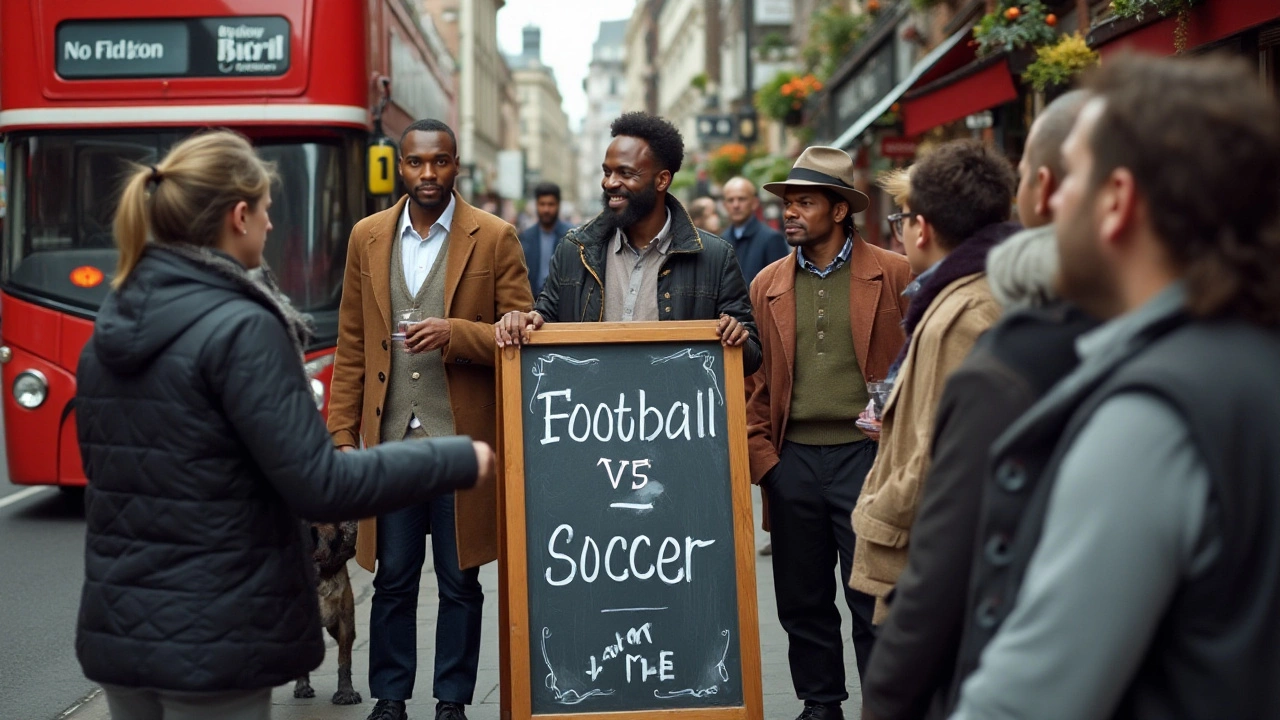Sports Terminology: A Simple Guide to Common Terms
Ever feel lost when a commentator drops words like "offside" or "birdie"? You’re not alone. Knowing the basic jargon makes watching, playing, or chatting about sport a lot easier. Below you’ll get straight‑forward definitions for the most common terms you’ll hear on the field, court, or in the gym.
Why Knowing Sports Terms Helps You Enjoy the Game
Sports are built around quick communication. Players use short words to tell teammates what’s happening, and broadcasters use the same language to keep fans in the loop. When you recognize those words, you instantly understand the action. It also helps you join conversations with friends without feeling left out.
Take a football match as an example. If the commentator says a player is "offside", you know the play has been stopped and a free kick is coming. In boxing, hearing "1‑2‑3" tells you the fighter is using a classic jab‑cross‑hook combo. These cues turn a confusing moment into a clear picture.
Key Terms Across Popular Sports
Football (Soccer):
- Offside – A player is past the second‑last defender when the ball is played to them.
- Hat‑trick – Scoring three goals in one game.
- Clean sheet – No goals conceded by the goalkeeper’s team.
Rugby:
- Ruck – A contest for the ball on the ground after a tackle.
- Scrum – Eight players from each team bind together to restart play.
- Try – Grounding the ball in the opponent’s in‑goal area for five points.
Boxing:
- 1‑2‑3 – Jab, cross, hook sequence used by beginners and pros alike.
- Southpaw – A left‑handed fighter who leads with the right jab.
- Illegal punch – Hitting below the belt or hitting after the bell.
Golf:
- Birdie – One stroke under par on a hole.
- Bogey – One stroke over par.
- Mulligan – An unofficial redo of a bad shot, usually in friendly rounds.
Basketball:
- Double‑dribble – Illegal: dribbling, stopping, then dribbling again.
- Alley‑oop – Passing the ball near the basket for a teammate to dunk.
- Box out – Positioning to keep opponents away from a rebound.
Even outside the core sports, a few words pop up a lot. "Gear" or "kit" both refer to the equipment you need, whether it’s a football boot or a boxing glove. Knowing that "kit" can also mean a whole set of clothes helps you follow shop ads without guessing.
Now that you’ve got the basics, try using one of these terms next time you watch a match or chat with a teammate. You’ll notice how much smoother the conversation feels. And if you stumble on a word you don’t know, just look it up – most sports sites have a quick glossary. Keep this guide handy and you’ll never feel out of the loop again.
Remember, sports talk isn’t meant to be a secret code. It’s a shortcut that lets fans and players share the excitement fast. With the terms above under your belt, you’re ready to enjoy every sport with confidence.
Boxing Match or Game: What’s the Real Difference?

Ever been confused about whether to call it a boxing match or a game? This article unpacks the differences, where each term comes from, and why using the right one matters. Along the way, you’ll pick up interesting facts about boxing lingo, hidden traditions in the sport, and some tips so you never sound out of place at fight night. Perfect for beginners and boxing fans curious about the details.
Soccer vs. Football: Unraveling the Great Name Debate

The debate over whether to call the world's most popular sport 'soccer' or 'football' spans diverse cultures and reflects rich historical contexts. This article delves into the origin and adoption of each term, examines regional preferences, and explores the cultural significance tied to both names. Whether you're a die-hard football fan or a casual soccer enthusiast, understanding this linguistic divide offers insight into the game's global impact. Dive into the reasons why different regions favor one term over the other and uncover how language influences sports culture.
